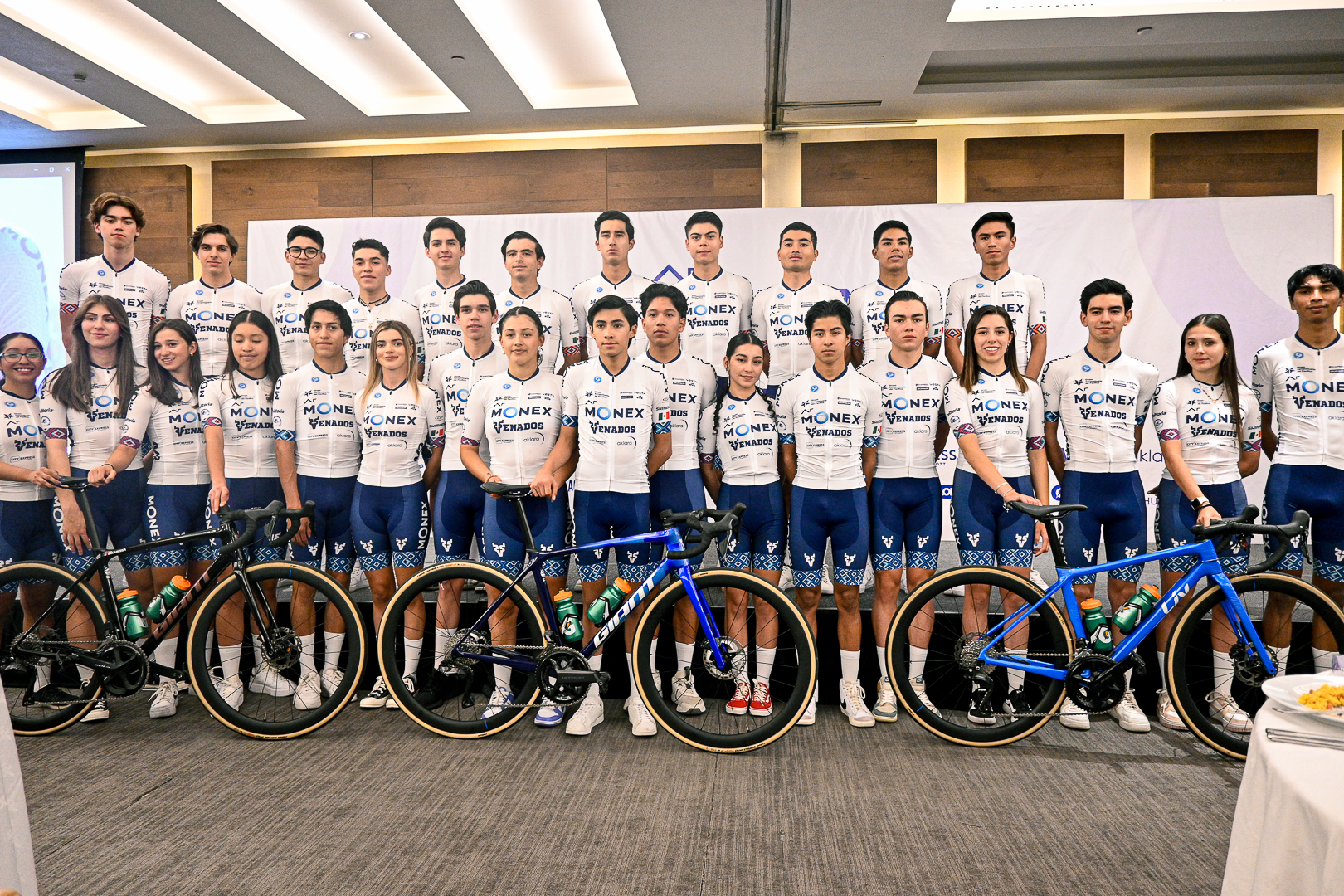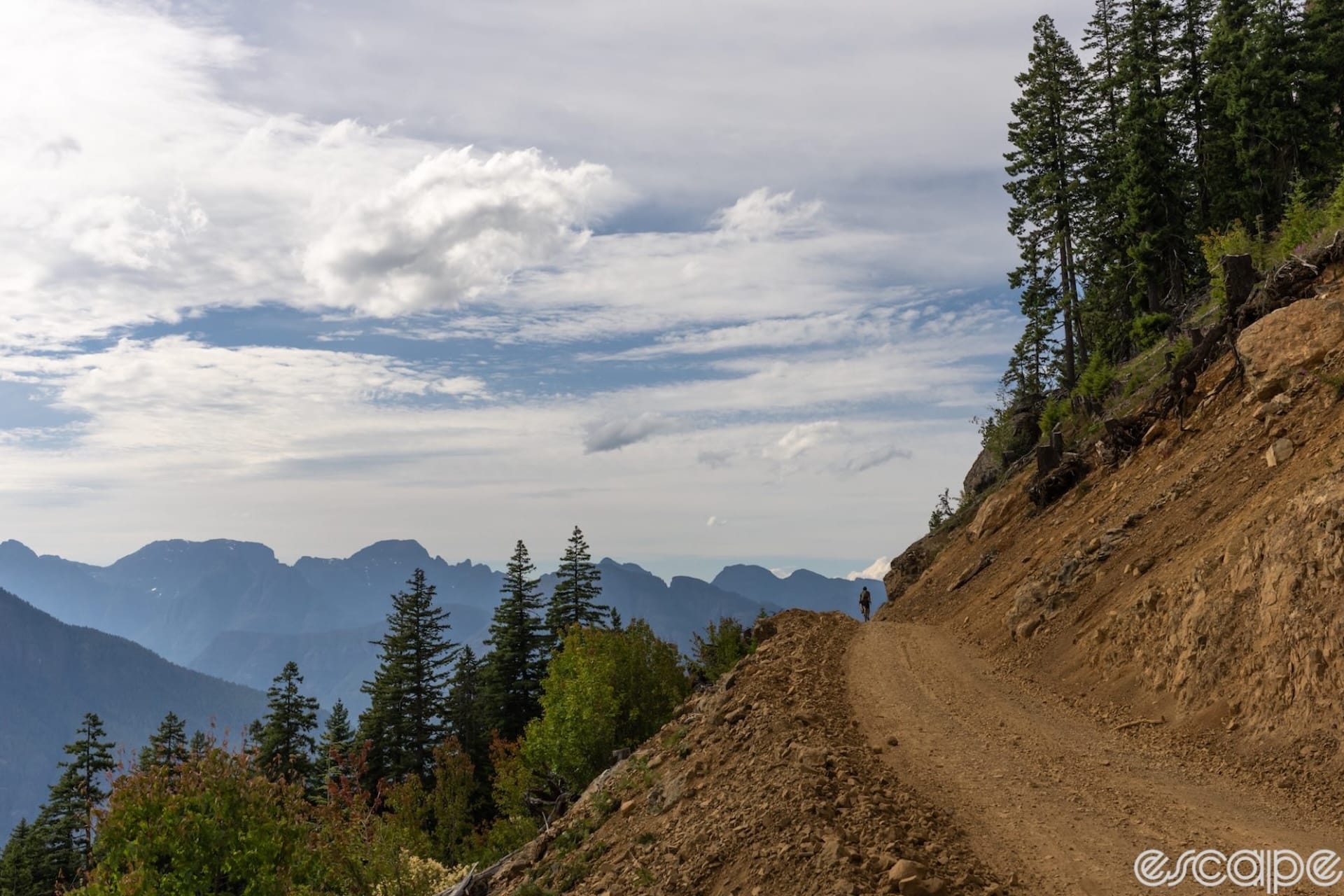All over the world of cycling, national federations are closely involved in developing their countries' next big thing in bike racing – but the most recent winner of the Tour de l'Avenir hails from well outside the sport's traditional powerhouses. In fact, Isaac del Toro emerged from a place whose national federation has been suspended by the UCI since 2021 for "serious infringements of the obligations it is subject to under the UCI Constitution, in particular when it comes to governance and electoral processes."
That Mexico would have fielded a team at all in the sport's premier event for under-23 riders might come as a surprise, let alone that Del Toro would take Mexico's first ever win there. He has since gone on to sign with UAE Team Emirates and enjoyed immediate success in his very first race with the team, winning a stage and landing on the overall podium at the Tour Down Under.
For all the things wrong with Mexico's federation, something is also going right on the rider development pathway. Del Toro himself deserves the lion's share of the credit for his own emergence as a rising star, but some credit should also go to to the organization that supported him during his time as a junior and under-23 racer: A.R. Monex, the club-level Mexican development team based in San Marino.
"They got me used to this lifestyle in which I'm more accustomed to doing the job," Del Toro told Escape Collective of A.R. Monex. "To have a bit of routine, of what you want in professional cycling, helped me very much, a similar routine and just needing to expand on your approach to get to the top level as best as possible."
A.R. Monex helped produce a glowing success story amid what would seem to be very tumultuous times for Mexican cycling, with its federation suspended and with no riders at the WorldTour level since erstwhile "next big thing" Luis Villalobos received a doping ban in 2021.
That success story is one that took years of gradual progress behind the scenes even as Mexico's federation descended into dysfunction. Despite that dysfunction after a long period of near anonymity for Mexican riders in the wider road racing scene internationally, A.R. Monex has high hopes for the future. Escape Collective spoke to co-founder Luis Rodríguez to learn more about what's behind the project, where it could be going, and what impact that is having on the bike racing scene in Mexico.
Did we do a good job with this story?



